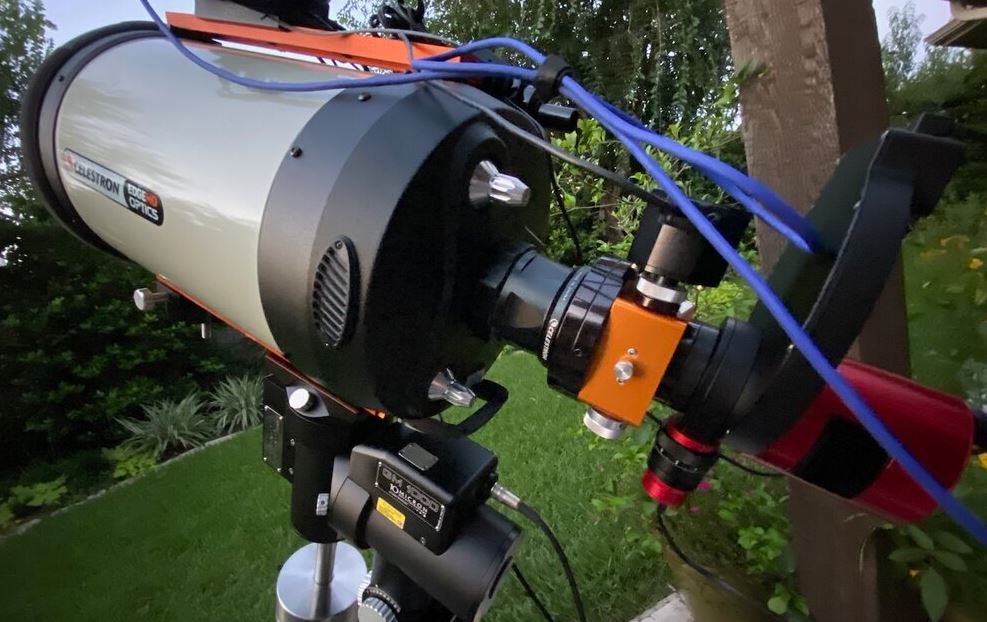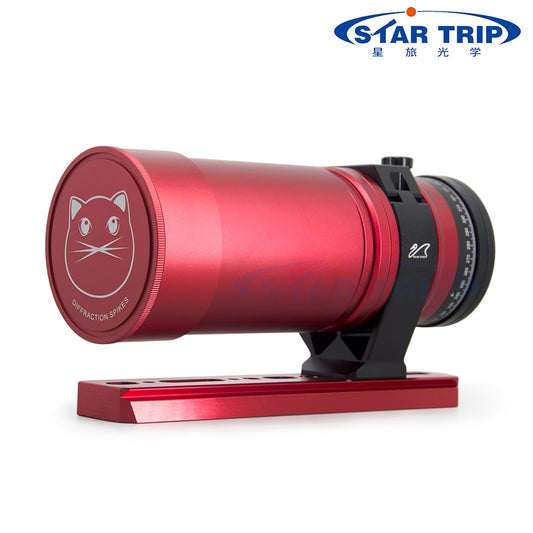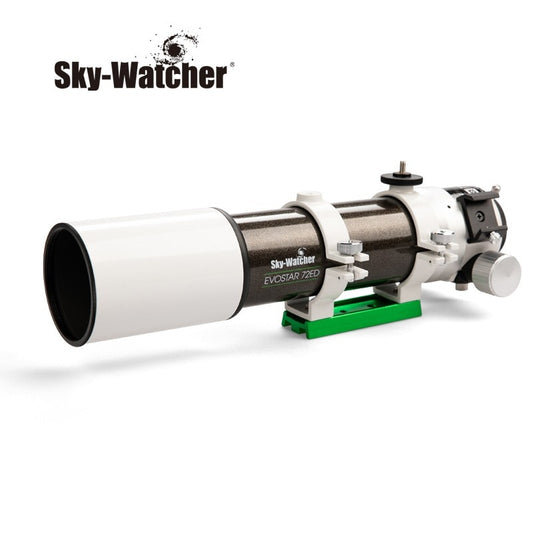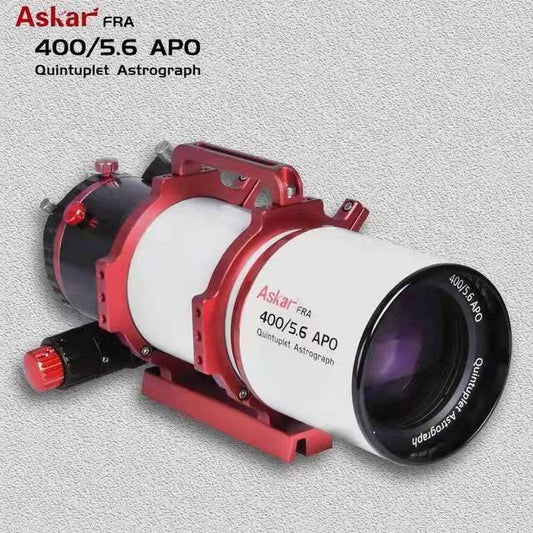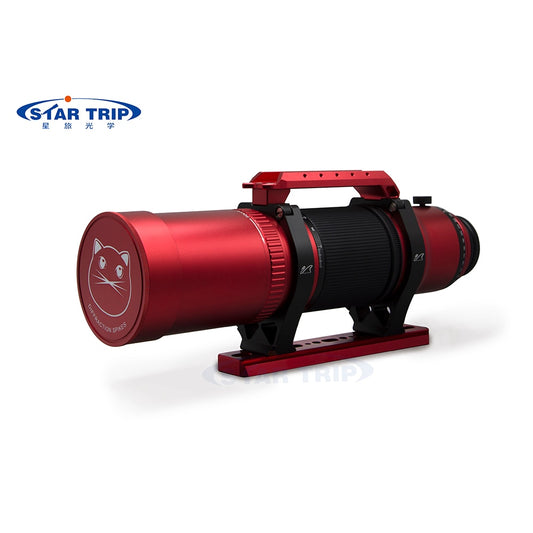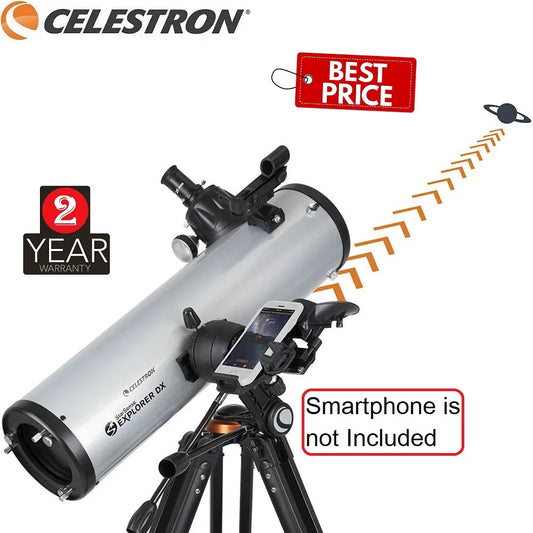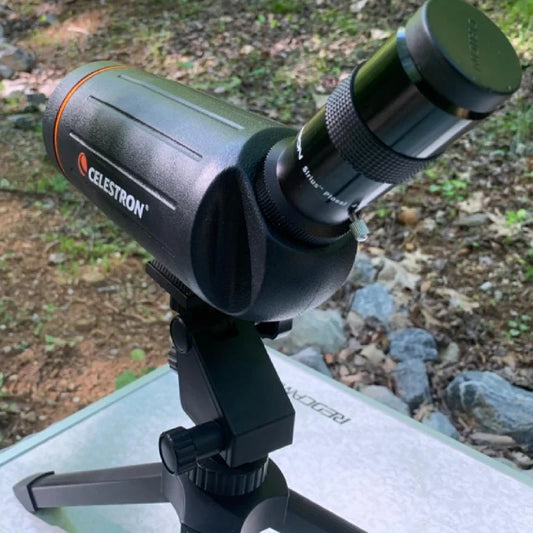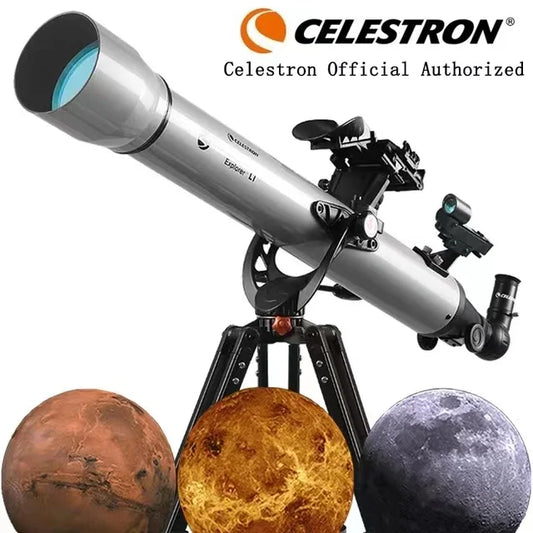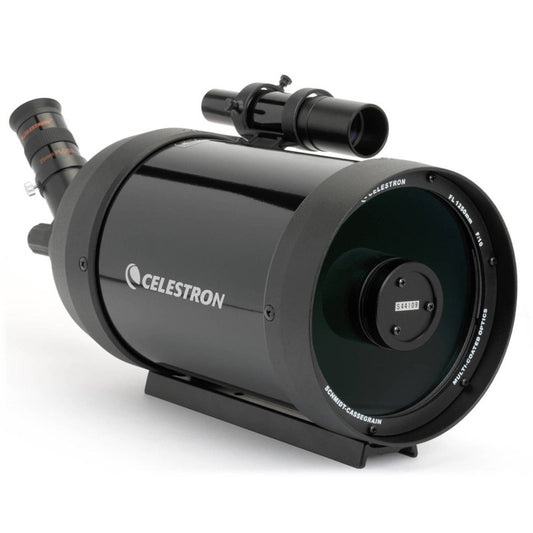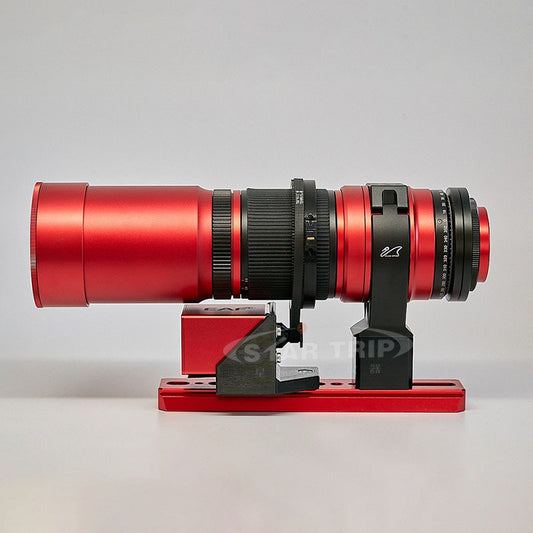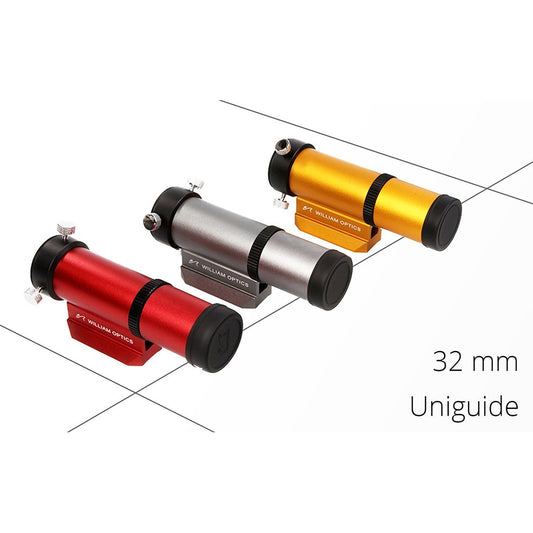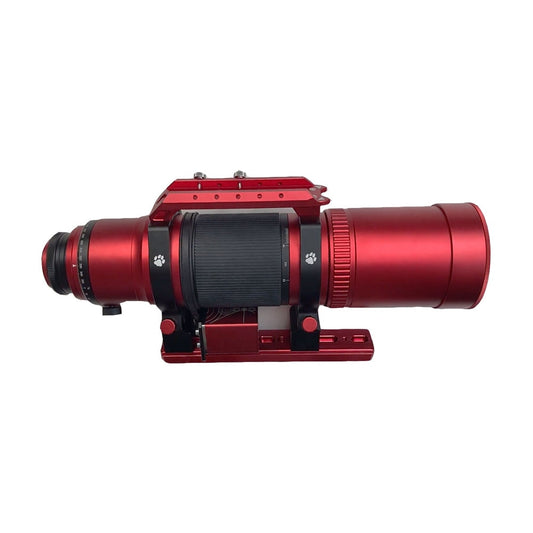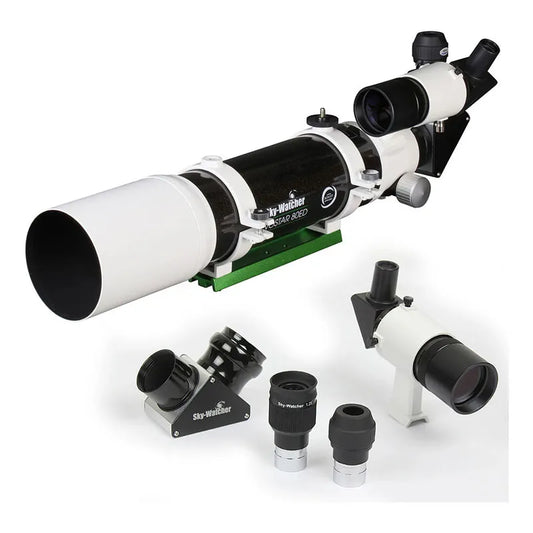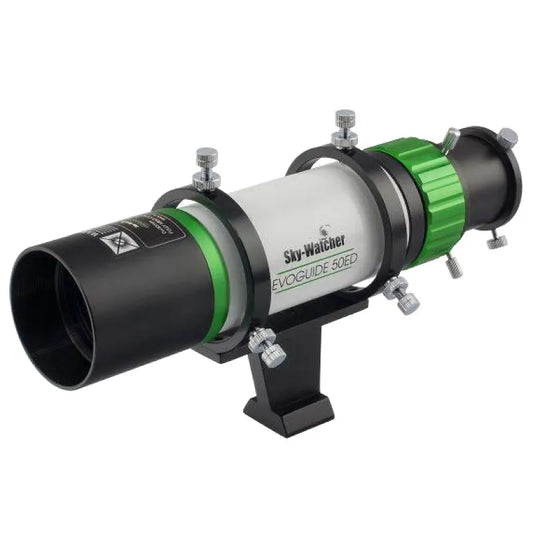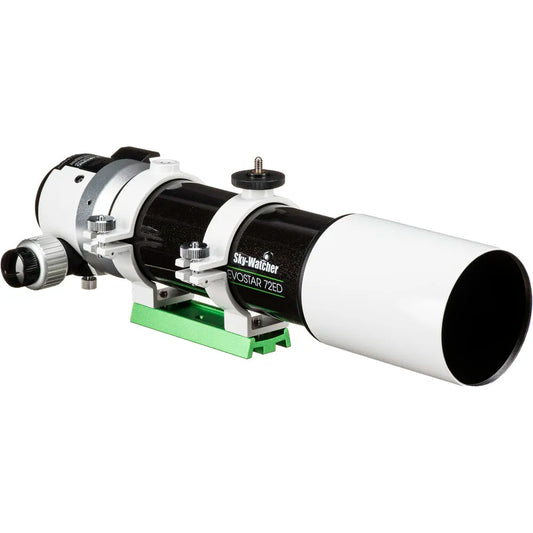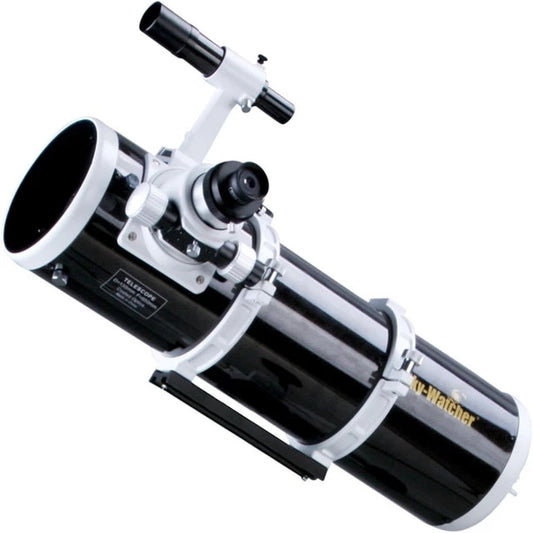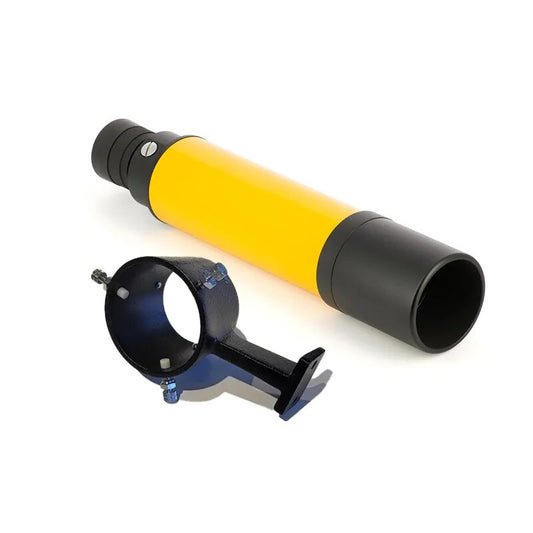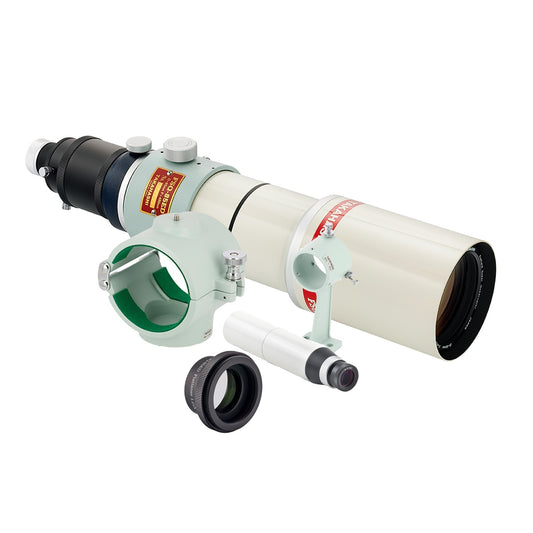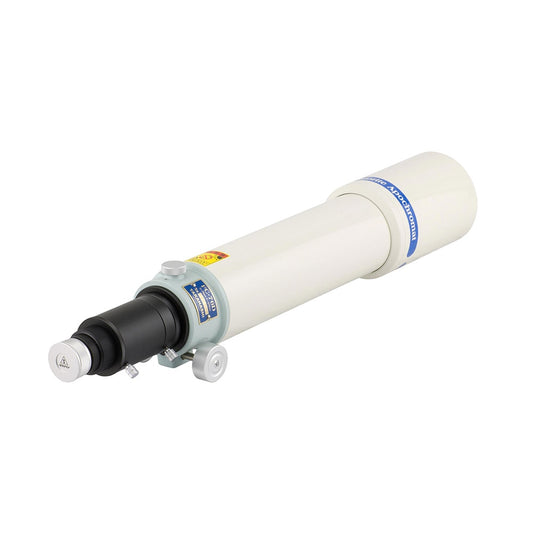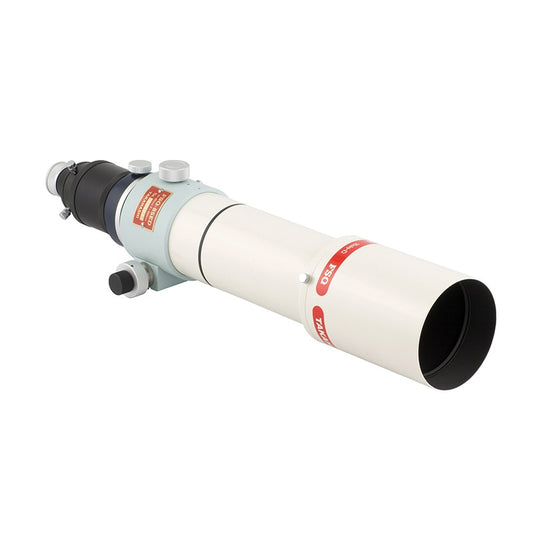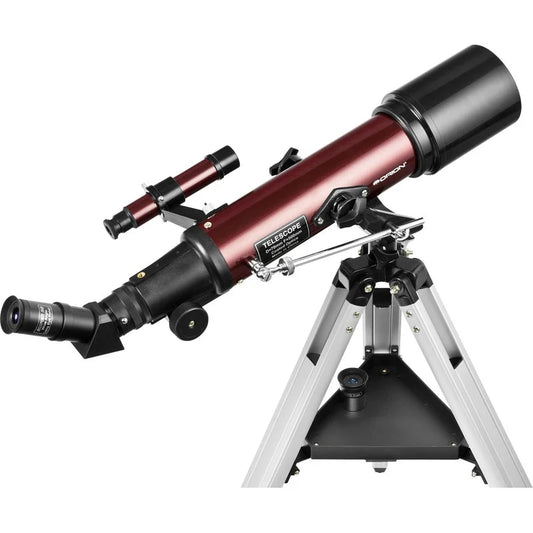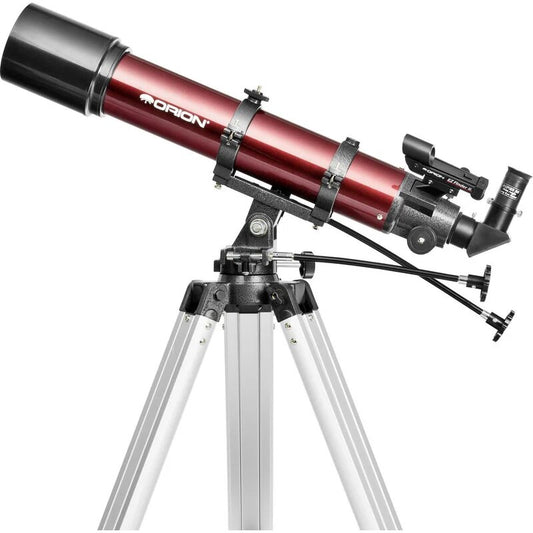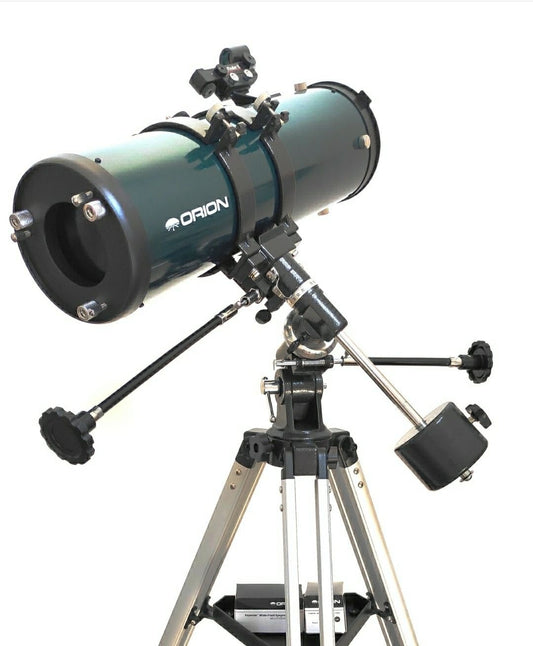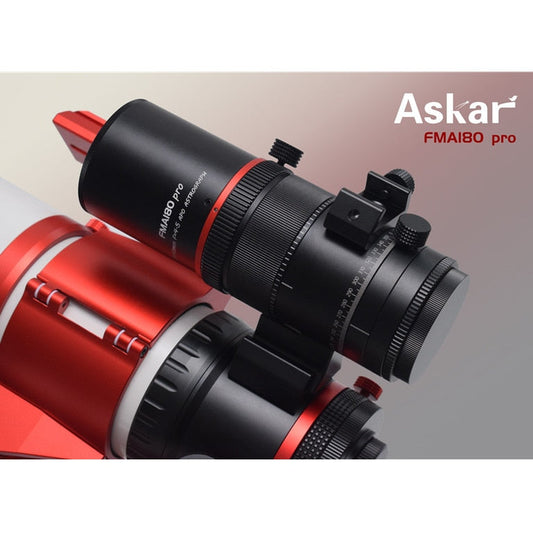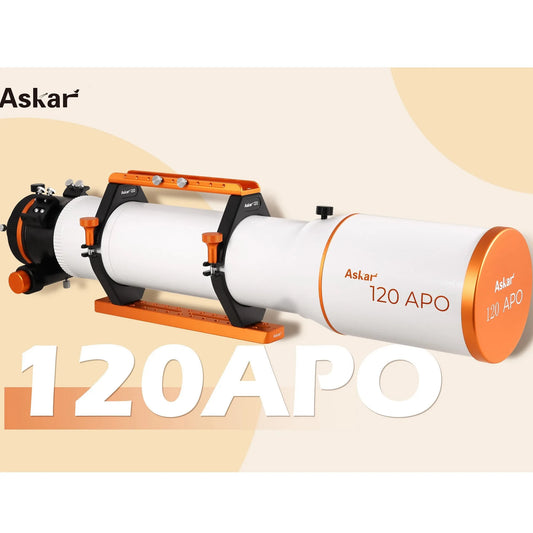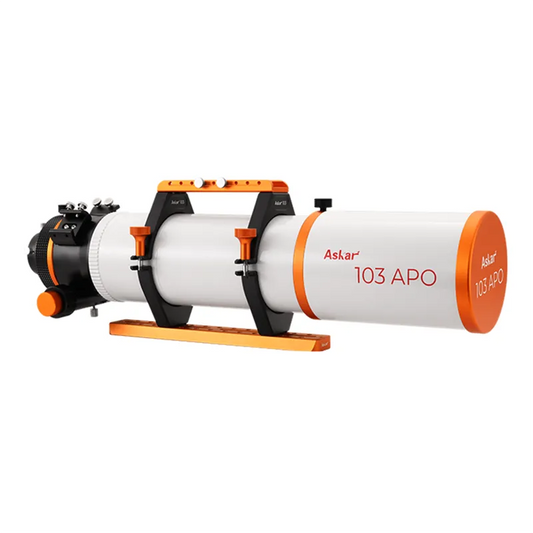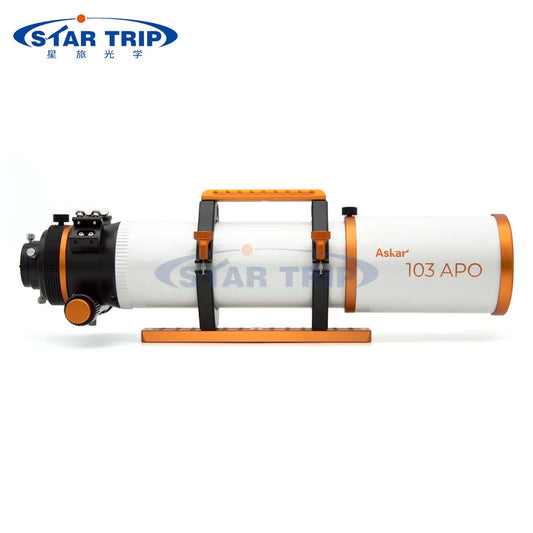Telescope Aperture
Telescope aperture is one of the most important factors to consider when choosing a telescope. In this post, we'll explore the significance of aperture in astronomy and provide insights into how to choose the right telescope for your needs.
Table of Contents:
- What is telescope aperture?
- Why is aperture important in astronomy?
- How does aperture affect telescope performance?
- Choosing the right aperture for your needs
- Other factors to consider when choosing a telescope
- Conclusion and final thoughts
- What is telescope aperture?
What is telescope aperture?
Telescope aperture refers to the diameter of the objective lens or primary mirror of a telescope. The aperture is usually measured in millimeters or inches, and it determines the amount of light that the telescope can gather.
Aperture is one of the most important factors to consider when choosing a telescope because it directly affects the amount of light that a telescope can gather. The more light a telescope can gather, the fainter the objects it can observe.
For example, if you are trying to observe a faint galaxy, a telescope with a larger aperture will be able to gather more light, making the galaxy more visible. Similarly, if you are trying to observe a planet, a larger aperture will allow you to see more detail and finer features.
In general, telescopes with larger apertures have higher resolving power and light-gathering ability, making them better suited for observing faint objects and fine details.
It's important to note that larger aperture telescopes are usually more expensive and heavier. When choosing a telescope, it's important to consider your observing goals and the conditions under which you will be observing. A telescope with an aperture between 70mm and 100mm can be a good choice for beginners, as it offers a balance between performance, portability, and affordability. More advanced observers may want to consider telescopes with larger apertures, up to 200mm or more.
Why is aperture important in astronomy?
Aperture is important in astronomy because it directly affects the amount of light that a telescope can gather. The more light a telescope can gather, the fainter the objects it can observe.
For example, if you are trying to observe a faint galaxy, a telescope with a larger aperture will be able to gather more light, making the galaxy more visible. Similarly, if you are trying to observe a planet, a larger aperture will allow you to see more detail and finer features.
How does aperture affect telescope performance?
The aperture of a telescope directly affects its resolving power and light-gathering ability. The resolving power of a telescope refers to its ability to distinguish fine details, while the light-gathering ability refers to its ability to collect and focus light.
In general, telescopes with larger apertures have higher resolving power and light-gathering ability, making them better suited for observing faint objects and fine details.
Choosing the right aperture for your needs
When choosing a telescope, it's important to consider your observing goals and the conditions under which you will be observing. A larger aperture will provide better performance in terms of light-gathering ability and resolving power, but it will also be more expensive and heavier.
For beginners, a telescope with an aperture between 70mm and 100mm can be a good choice, as it offers a balance between performance, portability, and affordability. More advanced observers may want to consider telescopes with larger apertures, up to 200mm or more.
Other factors to consider when choosing a telescope
While aperture is an important factor to consider when choosing a telescope, there are other factors to keep in mind as well. These include the type of telescope (refractor, reflector, or catadioptric), the focal length, the mount type, and the accessories that come with the telescope.
It's also important to consider your level of experience and the amount of time you have available for observing. A telescope that is too complex or time-consuming to set up may not be the best choice for beginners or casual observers.
Conclusion and final thoughts
In summary, telescope aperture is a crucial factor to consider when choosing a telescope for astronomy. It directly affects the resolving power and light-gathering ability of a telescope, which in turn determines the quality of the observations that can be made.
When choosing a telescope, it's important to consider your observing goals, your level of experience, and the conditions under which you will be observing. By taking these factors into account, you can select a telescope with the right aperture and other features to meet your needs and provide a lifetime of enjoyment in observing the wonders of the universe.
More Telescope Topics:
- Who Invented The Telescope?
- Why are Telescopes Important?
- When was The Telescope Invented?
- Why are Refractor Telescopes Popular?
- Best Deep Sky Objects by Month
- Best Telescope for Viewing Planets and Galaxies
- Best Telescope to See Planets and Galaxies
- Best Telescope Eyepiece for Viewing Planets
- Reflector Vs Refractor Telescope
- William Optics Redcat 51
- Takahashi Telescopes
- Brightest Objects in the Night Sky
- What Does a Focal Reducer Do on a Telescope
- Ax Telescope Mount
- Types of Telescopes
- Telescope Mounts Explained
- What is a Catadioptric Telescope
- How Does a Telescope Work
- Are There Telescopes for Smartphone Camera
- How Much Does a Telescope Cost
- Best Telescopes Under $1000
- What Makes a Good Telescope
- What Does a Focal Reducer Do
- Stellarium
- Bahtinov Mask
- Qhyccd Polemaster Review
More Space Telescopes:
- Hubble Telescope
- Edwin Hubble
- Hubble Deep Field
- James Webb Telescope - The Future of Space Exploration
- James Webb Telescope vs Hubble
- Hubble Palette

